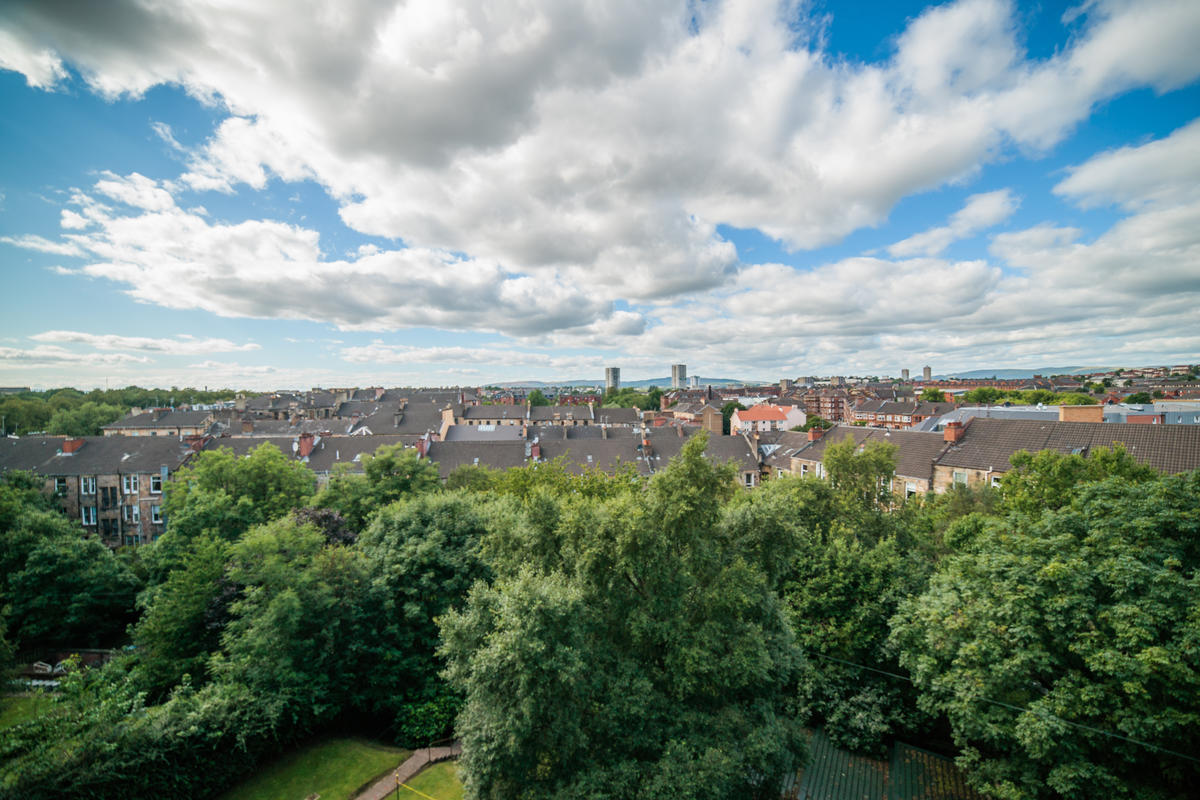COP26: Glaswegian Hosts help raise £180,000 for Zero Waste Scotland
Key Takeaways
- Airbnb donates £180,000 to Zero Waste Scotland following COP26
- Glaswegians earned an average of £3,000 through hosting on Airbnb during COP26
- Airbnb guest arrivals during COP26 generated over £2 million boost for the Glasgow economy

Key Takeaways
- Airbnb donates £180,000 to Zero Waste Scotland following COP26
- Glaswegians earned an average of £3,000 through hosting on Airbnb during COP26
- Airbnb guest arrivals during COP26 generated over £2 million boost for the Glasgow economy
Nearly 40,000 delegates registered for the largest COP in history and local Hosts played a vital role in accommodating guests from around the world.
Airbnb committed to donating service fees from stays in Glasgow during COP26 to sustainability causes so that hosting during the event could have a lasting legacy and contribute directly towards Scotland’s sustainability efforts.
Today, Airbnb is pleased to announce that thanks to the efforts of the Glasgow Host community, Airbnb is donating £180,000 to Zero Waste Scotland to support their vital work on the sustainability front line.
With 40,000 registered attendees and an estimated local hotel room capacity in Glasgow of just 15,000, traditional hospitality accommodation could never have coped alone. According to analysis from BiGGAR Economics, during Scotland’s peak tourism season prior to the pandemic, hotels were already operating at nearly 90% occupancy.
To help address the accommodation shortage, Airbnb offered a £100 welcome bonus to new Hosts who hosted a qualifying stay during the event with thousands stepping forward to make their place available.
Hosting on Airbnb significantly increased accommodation capacity in Glasgow, helped keep costs down and reduced the need for guests to travel from further afield. The stays were a welcome boost in economic activity for Hosts and Glasgow with the majority of the financial benefits generated through travel on Airbnb staying local in the community.
During the two weeks of COP26, Glaswegians earned an average of £3,000 through hosting, equivalent to more than a month’s median pay in Scotland. BiGGAR Economics estimates that Airbnb guest arrivals during COP26 generated over £2 million GVA (Gross Value Added) for the Glasgow economy and supported over 80 local jobs.
Amanda Cupples, General Manager for Northern Europe at Airbnb, said, “In the run up to COP26, more and more Glaswegians stepped up to Host on Airbnb and played a vital role in making the city’s hosting of the conference a success. In the face of a squeeze on local accommodation supply, Glaswegians were able to list their space on Airbnb and offer vital, immediate supply to the city. This economic activity has benefited both Hosts and the city of Glasgow and will have a lasting legacy through a donation to Zero Waste Scotland too.”
Hosting offered Glaswegians an opportunity to feel a part of the conference and gave attendees a more local experience. Azeez Abubakar and Ines Yabar, youth climate campaigners from Nigeria, reported that their Airbnb Host left them Irn Bru as part of their welcome pack and another Host gifted a guest their COP26 volunteer hoodie.
Iain Gulland, Chief Executive of Zero Waste Scotland, said, “Zero Waste Scotland is a lighthouse for the nation’s burgeoning circular economy. Our work focuses on where we can have the biggest impact on climate change, specifically through responsible consumption, responsible production and maximising value from waste. The donation is certainly a fantastic and welcome boost to the work we’re doing in Scotland to help tackle the issue of consumption, while helping businesses and citizens look for more sustainable ways of living.”
Airbnb and Zero Waste Scotland recently partnered to promote responsible tourism, working together to produce two guides for the Airbnb community, which are designed to help Hosts and guests use fewer resources.
During COP26, Airbnb announced its goal to operate as a Net Zero company by 2030, reducing carbon and other greenhouse gas emissions associated with our global corporate operations and investing in quality nature-based solutions to offset residual emissions. This commitment is the latest step we are taking to help address the climate crisis. In 2020 we made a commitment to achieve 100-percent renewable electricity use for our corporate operations, and earlier this year, we became a founding participant in the Lowering Emissions by Accelerating Forest finance (LEAF) Coalition, a new public-private initiative that has mobilized $1 billion to fight tropical deforestation.